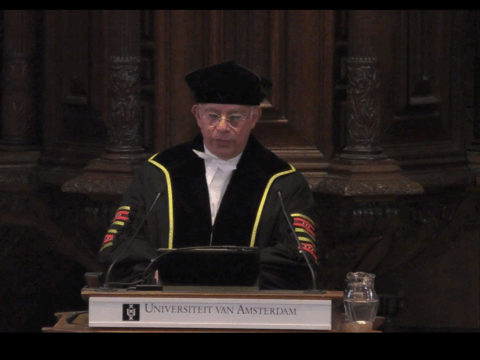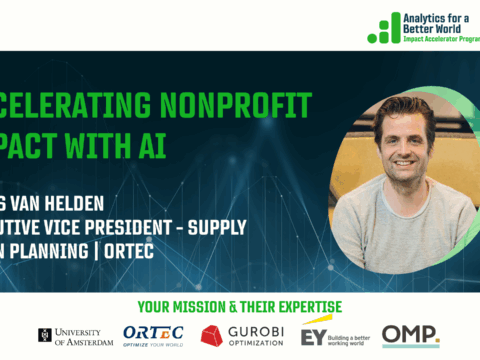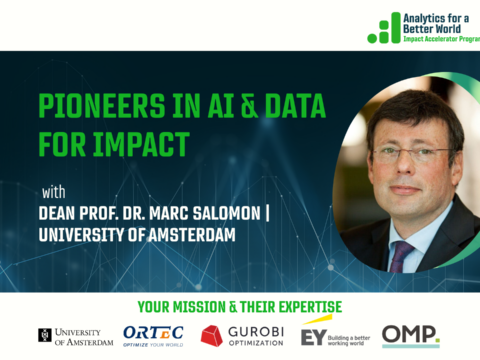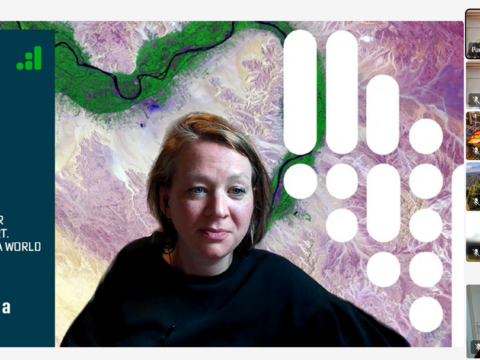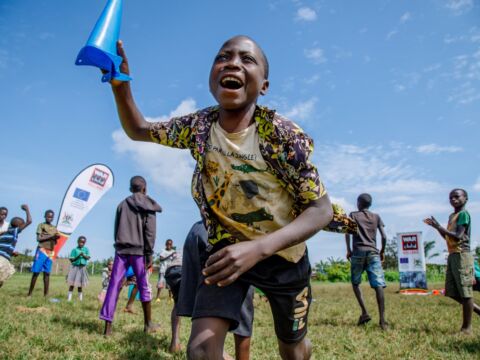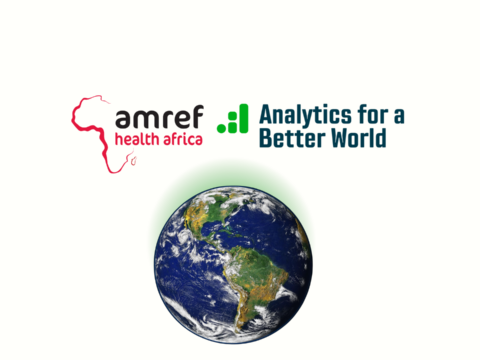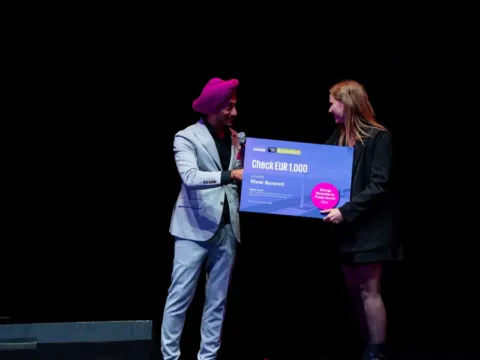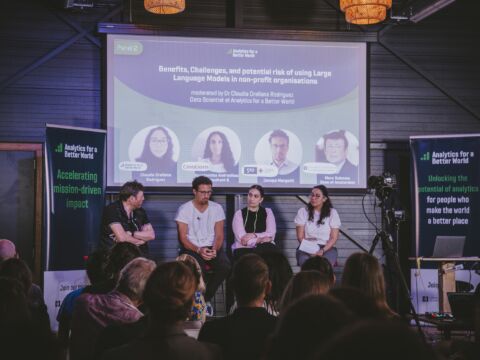Analytics for a Better World
See profileUniversity of Amsterdam Business School
See profileABW 2023 Conference: Open-source Toolkit to Improve Geospatial Accessibility of Critical Infrastructure
Panel 1A
The Public Infrastructure Service Access (PISA) Toolkit, designed to optimize the placement of crucial public sector infrastructures, was the focus of Panel 1A. The panel, chaired by Parvathy Krishnan (CTO of ABW) and Dick den Hertog (Science to Impact Director of ABW), brought together speakers from non-profits, researchers, and ABW industry partners who are actively involved in the design, development, and deployment of the toolkit.
Key Insights:
- The PISA Toolkit helps optimize the placement of public sector infrastructure.
- Collaboration with non-profit and development sector organizations is crucial for impactful solutions.
- The panel discussed real-world implementations of the toolkit.
- Academic research and continuous development are important for the toolkit’s success.
- A call to action was made for collaboration and scaling the project.
The Public Infrastructure Service Access (PISA) Toolkit, designed to optimize the placement of crucial public sector infrastructures, was the focus of Panel 1A. The panel, chaired by Parvathy Krishnan (CTO of ABW) and Dick den Hertog (Science to Impact Director of ABW), brought together speakers from non-profits, researchers, and ABW industry partners who are actively involved in the design, development, and deployment of the toolkit.
The panel started with Kai Kaiser, a senior economist at The World Bank, providing an overview of how PISA is being utilized as a decision-making tool at their organization. Marije Jochemsen (Data Analyst and Translator at 510 Netherlands Red Cross) and Britt van Veggel (PhD. Candidate at the University of Amsterdam) showcased the practical implementation of the PISA toolkit in identifying efficient locations for borehole drilling in Sudan. Kitawa Wemo (Innovations Lead at AMREF Health) and Mayukh Ghosh (Ph.D. Candidate at the University of Amsterdam) presented a project focused on optimizing the routing of solar-powered mobile healthcare units.
The panel also emphasized the importance of academic and empirical research in the project. Helena Ramalhinho Lourenço (Professor at the Universitat Pompeu Fabra) discussed various applications of the toolkit, such as assessing the location of schools in Mexico based on walking distance. Lutz Venhofen (Data Scientist at DHL Group) highlighted the need for a shareable and expandable code to ensure the scalability and replicability of the project.
The panel concluded with a call to action, encouraging collaboration and interest from open-source communities and individuals with new ideas for applications of the toolkit. If you missed the panel, you can watch the recording here:
